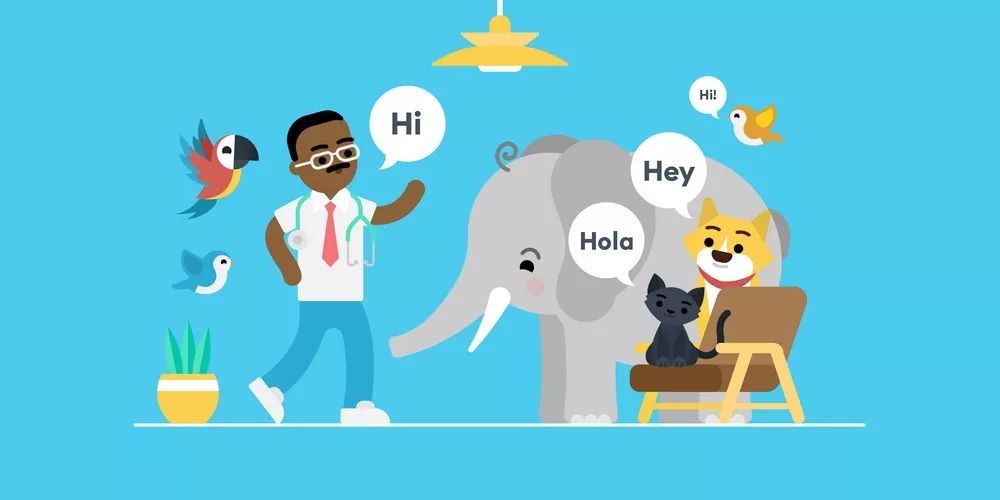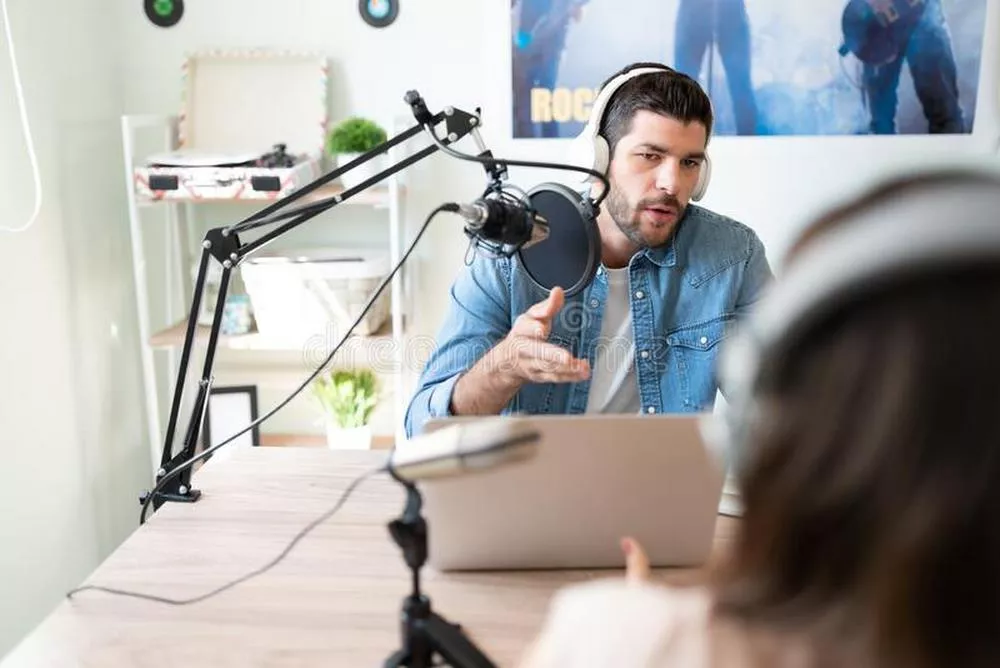The Different Ways To Improve Communication Skills.
1. Be a better listener. One of the best ways to improve communication skills is to simply pay more attention when someone else is talking. This means making an effort to really listen, rather than just waiting for your turn to speak. Try to make an effort to understand what the other person is saying, and why they are saying it. It can also be helpful to ask questions to clarify anything you’re unsure about.
2. Choose your words carefully. The words you use can have a big impact on how effectively you communicate. When you’re speaking, try to use language that is clear and easy to understand. Avoid using jargon or technical terms unless you’re sure the other person will understand them. It can also be helpful to avoid using “ loaded†words that might have a lot of emotion or baggage attached to them.
3. Nonverbal communication. It’s not just what you say that matters, but also how you say it. Your body language, facial expressions, and tone of voice can all influence how well your message is received. Try to be aware of your nonverbal communication and make sure it is consistent with the message you’re trying to communicate.
4. Be assertive. It’s important to be assertive when communicating, which means standing up for yourself and your beliefs while also respecting the rights of others. Assertiveness can help you to get your point across in a clear and concise way, without being aggressive.
5. Conflict resolution. At some point, you will likely find yourself in a situation where there is conflict. When this happens, it’s important to be able to resolve the conflict in a constructive way. This means being able to communicate effectively, even when things are heated.
6. Public speaking. For many people, public speaking is a daunting task. However, it is a skill that can be learned with practice. If you have to give a presentation or speak in front of a group, try to focus on your breathing and relax your body. It can also be helpful to imagine that you’re just having a conversation with a friend.
7. Writing. In today’s world, much of our communication is done in writing. Whether you’re writing an email, a report, or a blog post, it’s important to be able to communicate clearly and effectively in writing. This means using proper grammar and punctuation, as well as choosing your words carefully.
8. Interpersonal skills. Interpersonal skills are the skills we use to interact with others. This includes things like empathy, emotional intelligence, and social skills. If you want to improve your communication skills, it’s important to work on your interpersonal skills.
9. Listening skills. As we mentioned before, one of the best ways to improve communication skills is to simply pay more attention when someone else is talking. This means making an effort to really listen, rather than just waiting for your turn to speak. Try to make an effort to understand what the other person is saying, and why they are saying it. It can also be helpful to ask questions to clarify anything you’re unsure about.
10. Verbal communication skills. Verbal communication skills are the skills we use to communicate with others verbally. This includes things like speaking clearly, using proper grammar, and choosing your words carefully. If you want to improve your communication skills, it’s important to work on your verbal communication skills.



